Understanding AB 1482: Essential Insights for California Landlords
Understanding AB 1482: Essential Insights for California Landlords
AB 1482 is a crucial tenant protection law in California that every landlord should understand. This blog will provide you with the necessary information to ensure compliance and navigate the complexities of rental agreements effectively.
🌟 Introduction to AB 1482
AB 1482, also known as the Tenant Protection Act of 2019, was enacted to provide increased protections for tenants in California. The law primarily aims to limit rent increases and establish requirements for landlords regarding tenant disclosures. Understanding the nuances of AB 1482 is essential for both landlords and tenants to ensure compliance and protect their rights.
This legislation has far-reaching implications that every landlord must navigate. It sets forth specific guidelines that dictate how rental agreements should be structured and what information must be disclosed to tenants.
📝 The Requirement for Tenant Disclosure
Under AB 1482, landlords are required to provide tenants with specific disclosures regarding their rights and the terms of their tenancy. This includes informing tenants if the property is exempt from certain provisions of the law.
Starting January 1, 2020, landlords must furnish tenants with a written disclosure stating whether the property is subject to AB 1482. This disclosure must be given promptly, ideally at the onset of the tenancy.
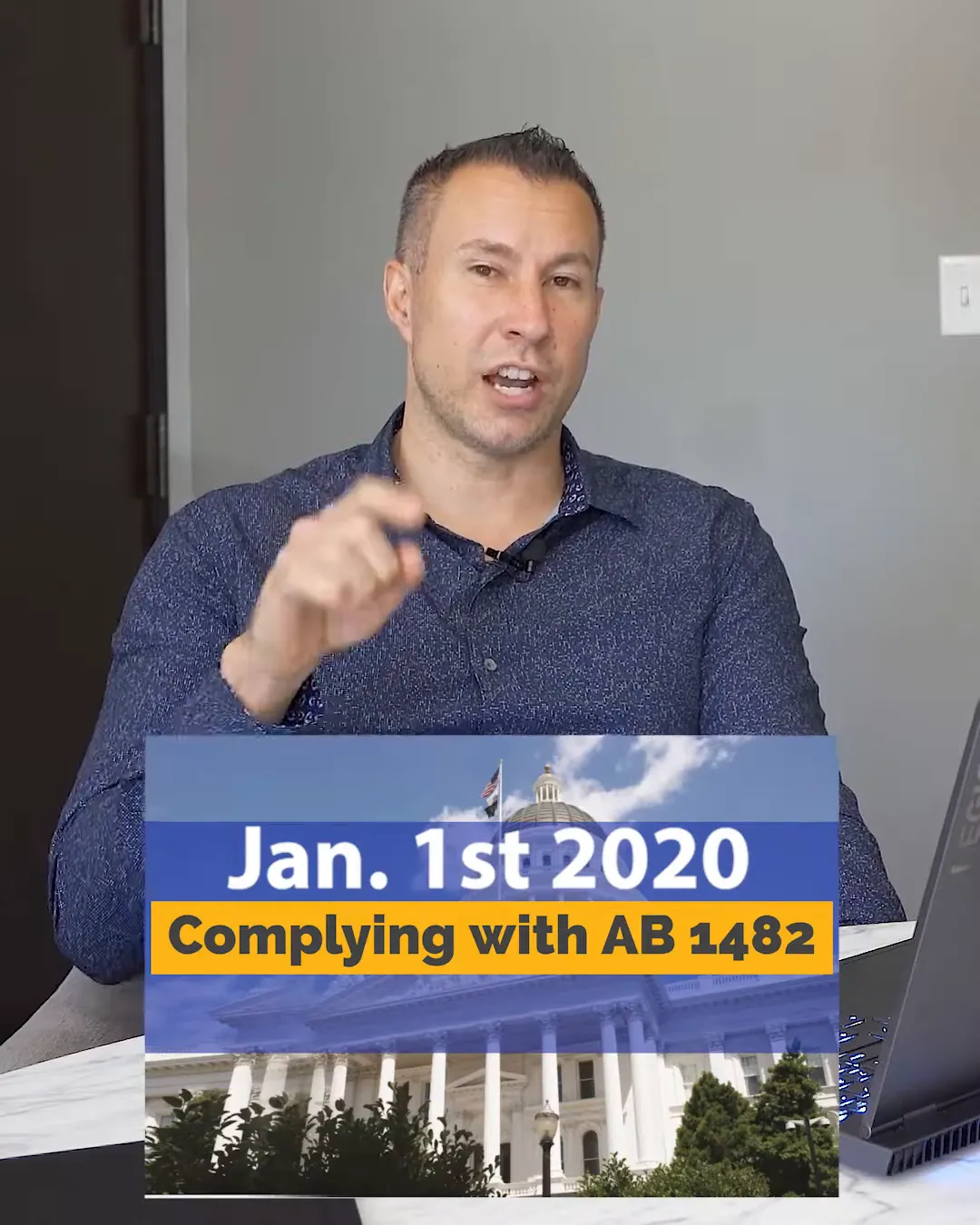
🔍 Understanding Exemptions under AB 1482
AB 1482 includes several exemptions that landlords should be aware of. Properties that fall under these exemptions are not subject to the rent control provisions of the law. Key exemptions include:
- Single-family homes and condos owned by an individual, provided they are not corporate-owned.
- Units built within the last 15 years.
- Affordable housing governed by specific regulatory agreements.
- Certain government-subsidized housing.
Landlords must ensure they clearly communicate these exemptions to their tenants to avoid any confusion or legal disputes.
📅 Implications for Tenancies Before January 1, 2020
For tenancies that began before January 1, 2020, AB 1482 does not require the disclosure to be included in the rental agreement. Instead, landlords can provide this information separately.
This means that even if the tenancy predates the law, landlords must still inform tenants about their rights under AB 1482. Failure to provide this disclosure may lead to complications in future negotiations or disputes.
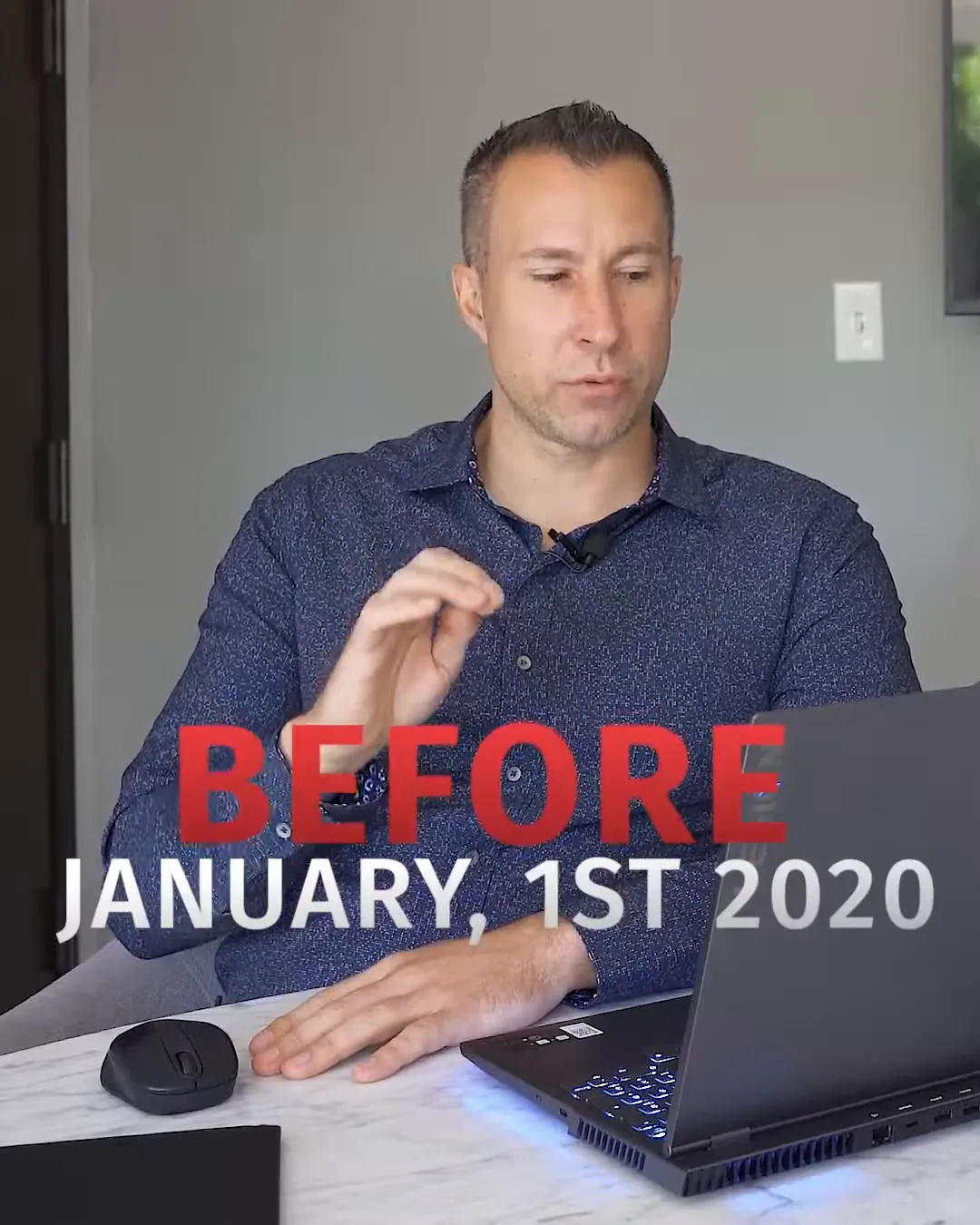
📄 Requirements for New Leases After July 1, 2020
For any new leases initiated or renewed after July 1, 2020, landlords are required to include specific language regarding AB 1482 directly in the rental agreement. This inclusion is critical to ensure that tenants are aware of their rights and the terms of their lease.
Landlords should not rely on outdated lease templates. Instead, they must utilize the most current forms that comply with the requirements set forth by AB 1482. This will help prevent potential legal issues and ensure transparency with tenants.
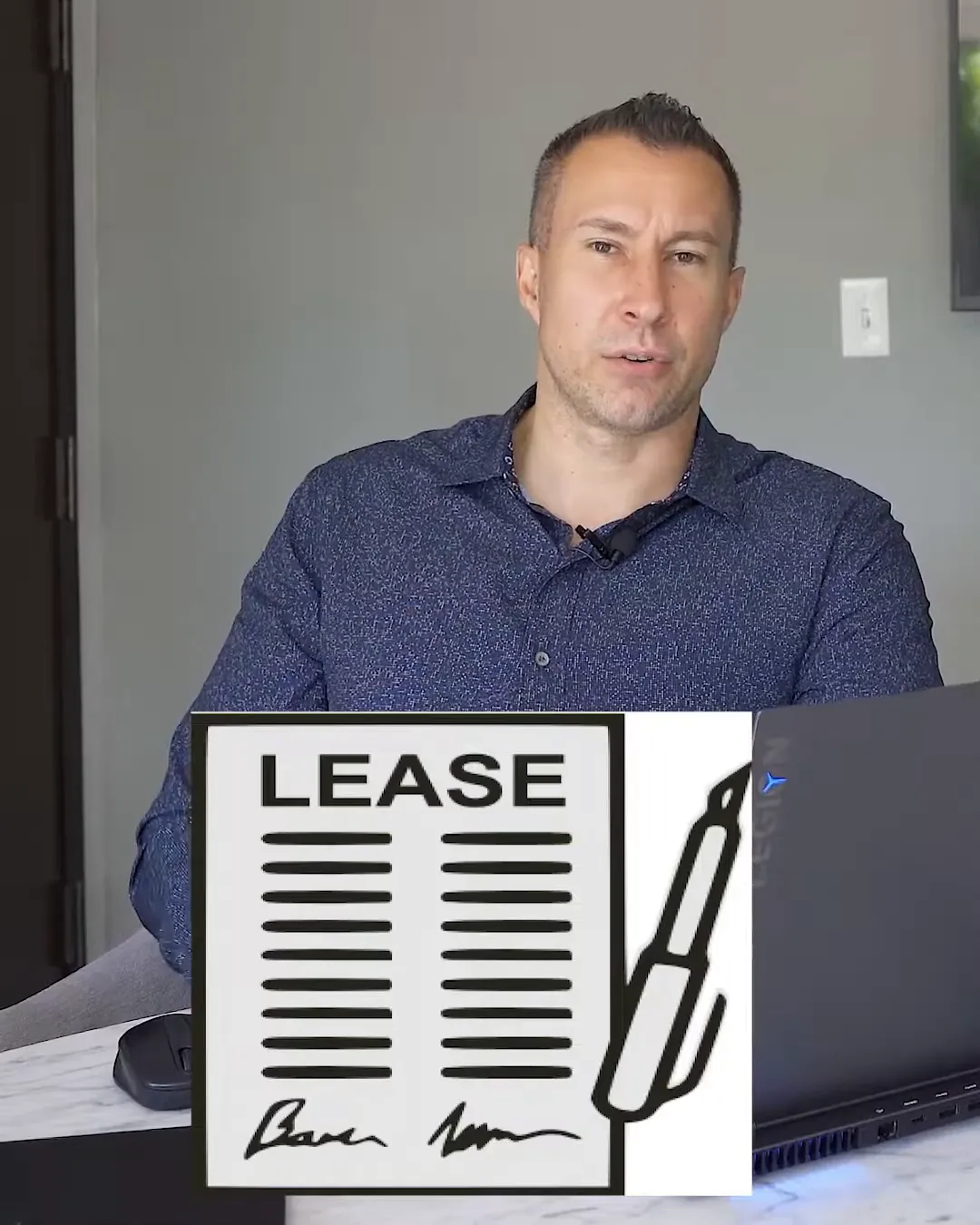
⚖️ Consulting an Attorney for Compliance
Given the complexities of AB 1482, it is advisable for landlords to consult an attorney familiar with California landlord-tenant law. An attorney can provide guidance on compliance and help draft lease agreements that adhere to the latest regulations.
Landlords who are unsure about their obligations under AB 1482 should not hesitate to seek professional advice. This step is crucial in avoiding legal pitfalls and ensuring that both landlords and tenants understand their rights and responsibilities.
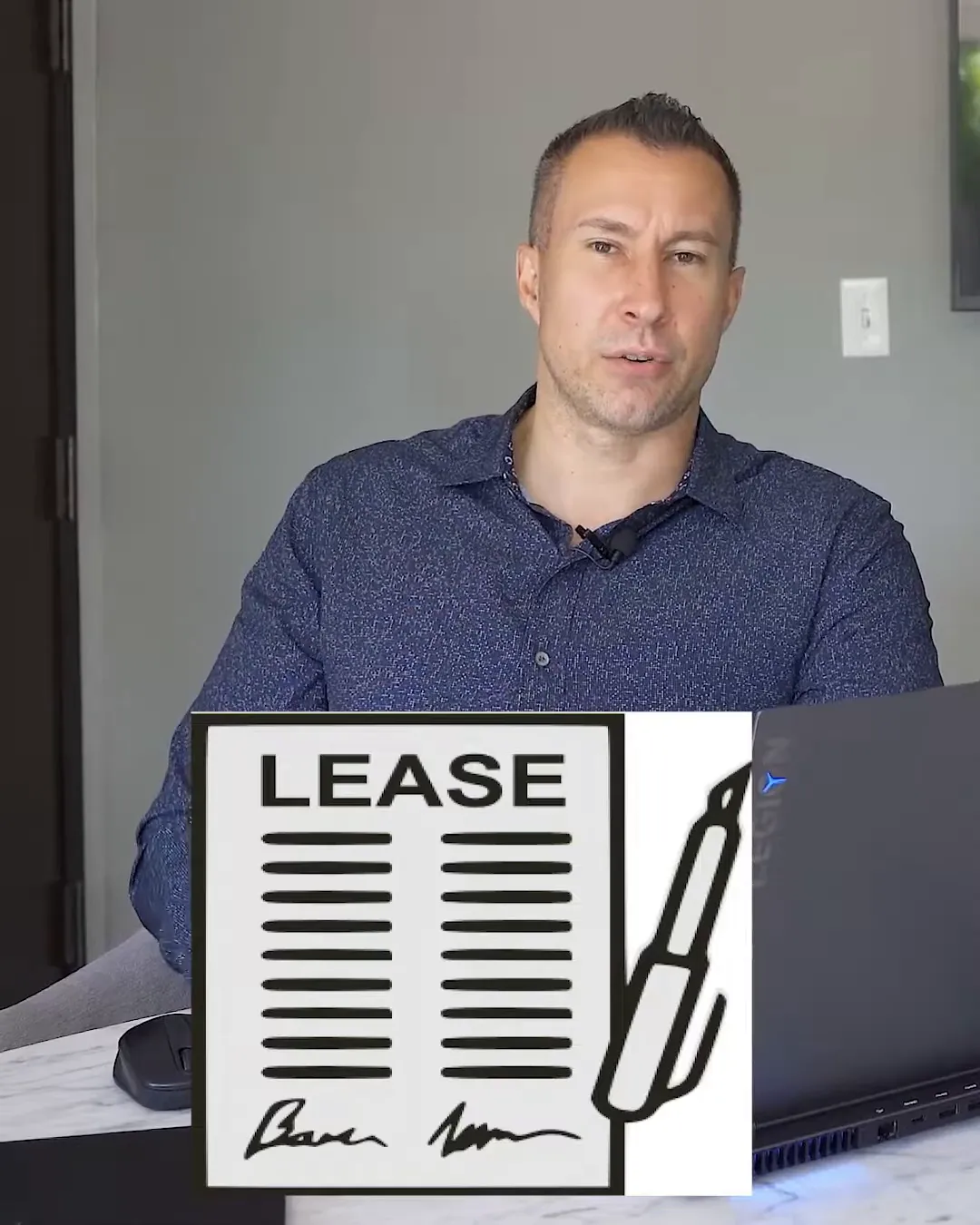
🔄 Updating Lease Agreements
Updating lease agreements is a fundamental task for landlords under AB 1482. It ensures that all terms comply with the latest legal requirements and protects both parties involved.
Landlords must incorporate specific language regarding AB 1482 into all new leases or renewals after July 1, 2020. This inclusion is not merely a formality; it is essential for clarity and legal compliance.
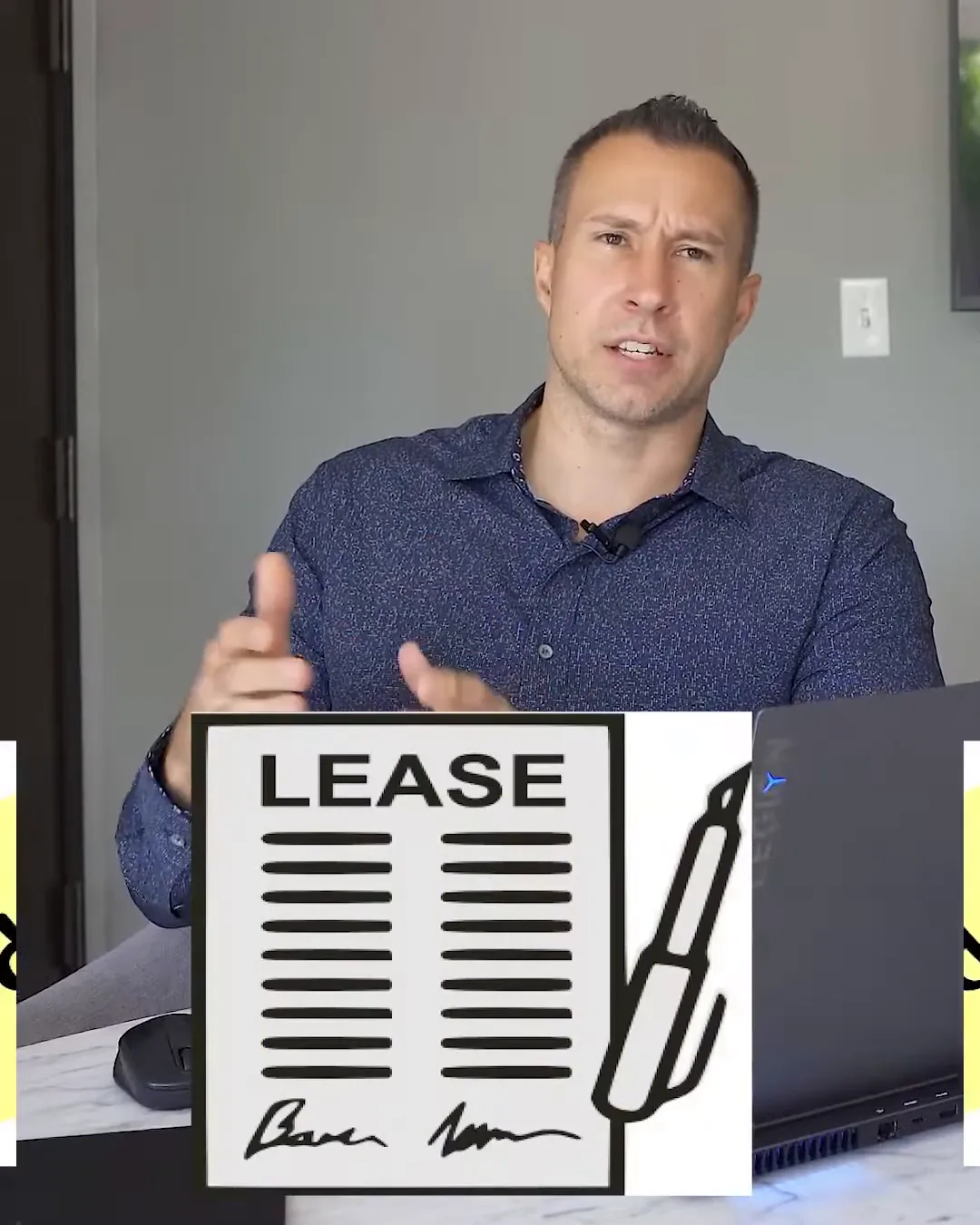
🖊️ Key Components of Updated Lease Agreements
When revising lease agreements, landlords should focus on several key components:
- Disclosure of Exemptions: Clearly state whether the property is exempt from AB 1482.
- Rent Increase Limitations: Include information on the allowable rent increase limits as per the law.
- Tenant Rights: Outline tenant rights and the process for addressing disputes.
By ensuring these components are included, landlords can mitigate potential misunderstandings and legal challenges.
❌ Avoiding Common Mistakes with Lease Forms
Landlords often make common mistakes when using lease forms, which can lead to compliance issues with AB 1482. Awareness of these pitfalls is crucial to maintaining a legally sound rental operation.
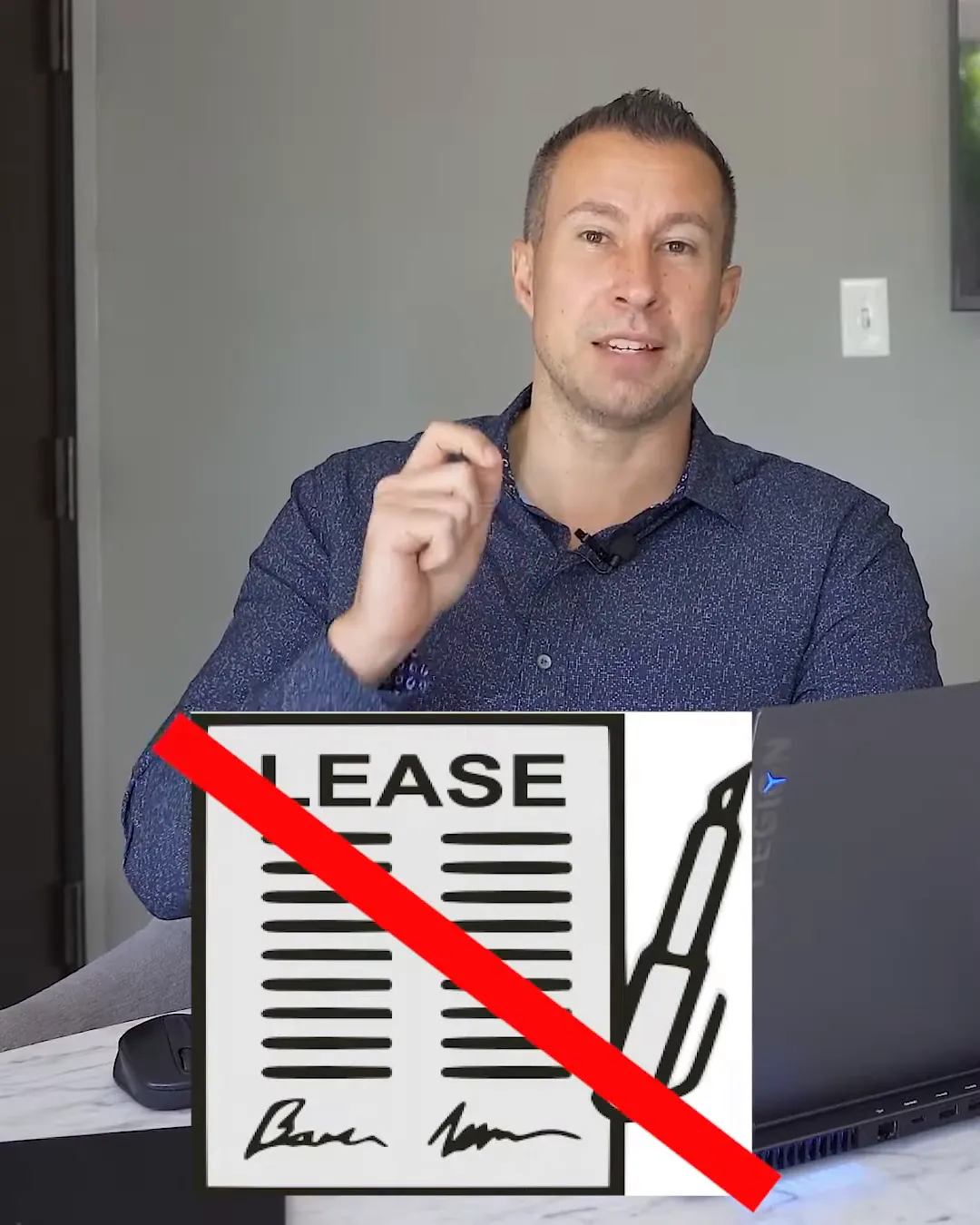
⚠️ Common Mistakes to Avoid
- Using Outdated Forms: Always use the most current lease forms that comply with AB 1482. Outdated templates may lack necessary disclosures.
- Neglecting to Include Required Language: Ensure that the language regarding AB 1482 is explicitly stated in the lease.
- Failing to Provide Separate Disclosures: For tenancies that began before January 1, 2020, provide separate disclosures rather than including them in the lease agreement.
By avoiding these common mistakes, landlords can ensure smoother interactions with tenants and reduce the risk of legal issues.
📚 Staying Informed as a Landlord
Staying informed about changes in landlord-tenant laws, including AB 1482, is essential for landlords. The legal landscape can evolve, and landlords must adapt to maintain compliance.
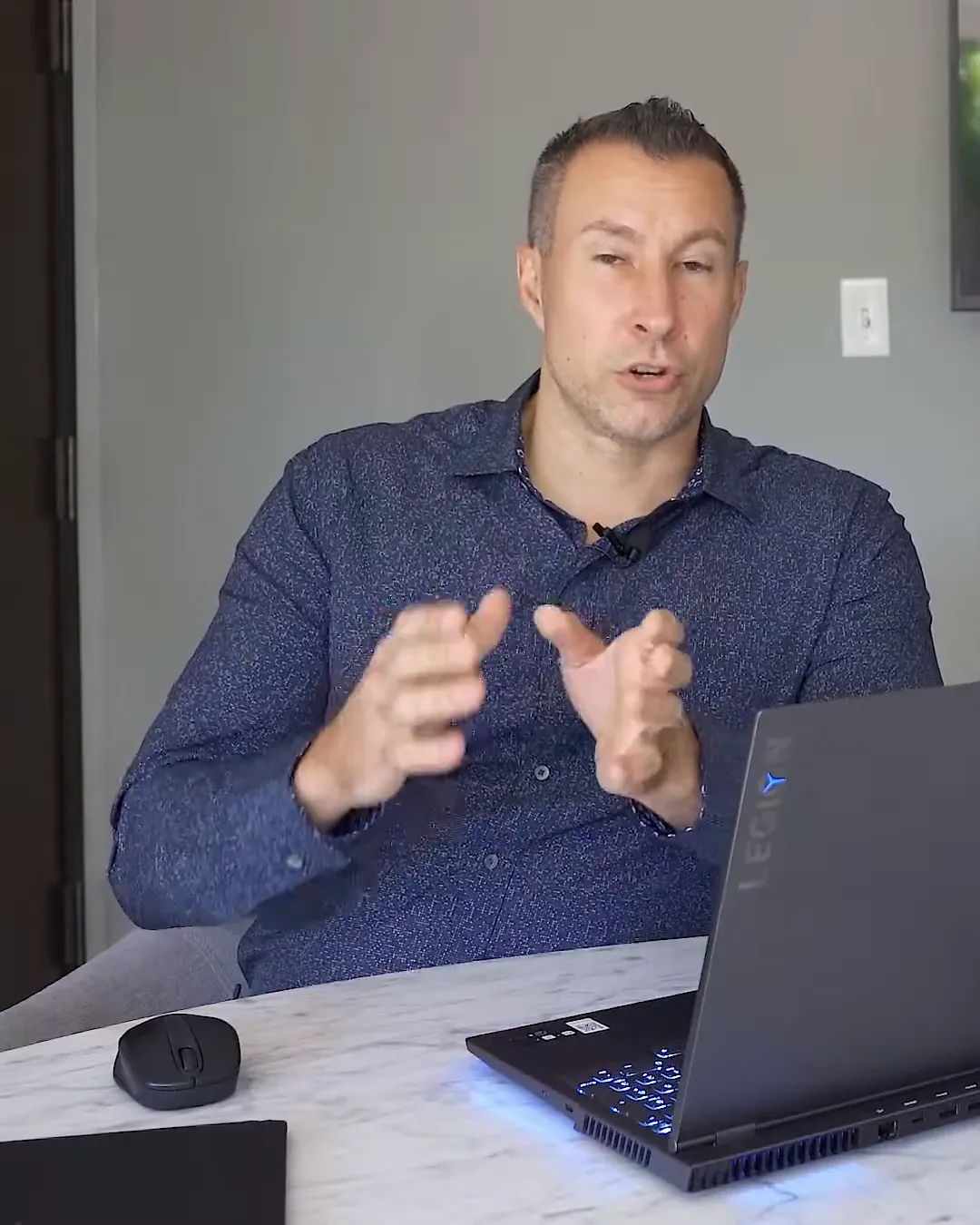
📰 Resources for Staying Updated
- Legal Blogs and Newsletters: Subscribe to reputable legal blogs that cover landlord-tenant law updates.
- Professional Associations: Join landlord associations that offer resources, training, and updates on legislation.
- Consulting with Legal Professionals: Regularly consult with an attorney to discuss any changes that may affect your rental agreements.
By utilizing these resources, landlords can ensure they are well-prepared to navigate the complexities of AB 1482 and other relevant laws.
🏁 Conclusion and Call to Action
Understanding and implementing the requirements of AB 1482 is vital for every landlord in California. By updating lease agreements, avoiding common mistakes, and staying informed, landlords can protect their investments and foster positive relationships with tenants.
Take action today: review your lease agreements, ensure compliance with AB 1482, and consult a legal professional if necessary. Your diligence now will pay off in the long run.
❓ FAQs about AB 1482
To further assist landlords, here are some frequently asked questions regarding AB 1482:
🔍 What types of properties are exempt from AB 1482?
Single-family homes owned by individuals, properties built within the last 15 years, and certain government-subsidized housing are exempt.
📅 Do I need to provide a disclosure for existing tenants?
Yes, if the tenancy began before January 1, 2020, you must provide the disclosure separately from the rental agreement.
📝 How often should I update my lease agreements?
Lease agreements should be reviewed and updated regularly, especially when there are changes in laws or regulations affecting rental properties.
💼 Should I consult an attorney about AB 1482?
Consulting an attorney is highly recommended to ensure compliance and to understand your rights and responsibilities under AB 1482.
Categories
- All Blogs (314)
- Client Testimonials (19)
- East Palo Alto (81)
- Graeham Watts Home Tours (23)
- Home Buyer's Process (34)
- Home Tours (28)
- Houses for sale in East Palo Alto (13)
- Investing (18)
- Landlord and Tenant Info (9)
- Menlo Park (49)
- Personal (5)
- Real Estate Questions Answered (91)
- Real Estate Tips (86)
- Redwood City (85)
- San Mateo County (10)
- Seller's Process (22)
Recent Posts

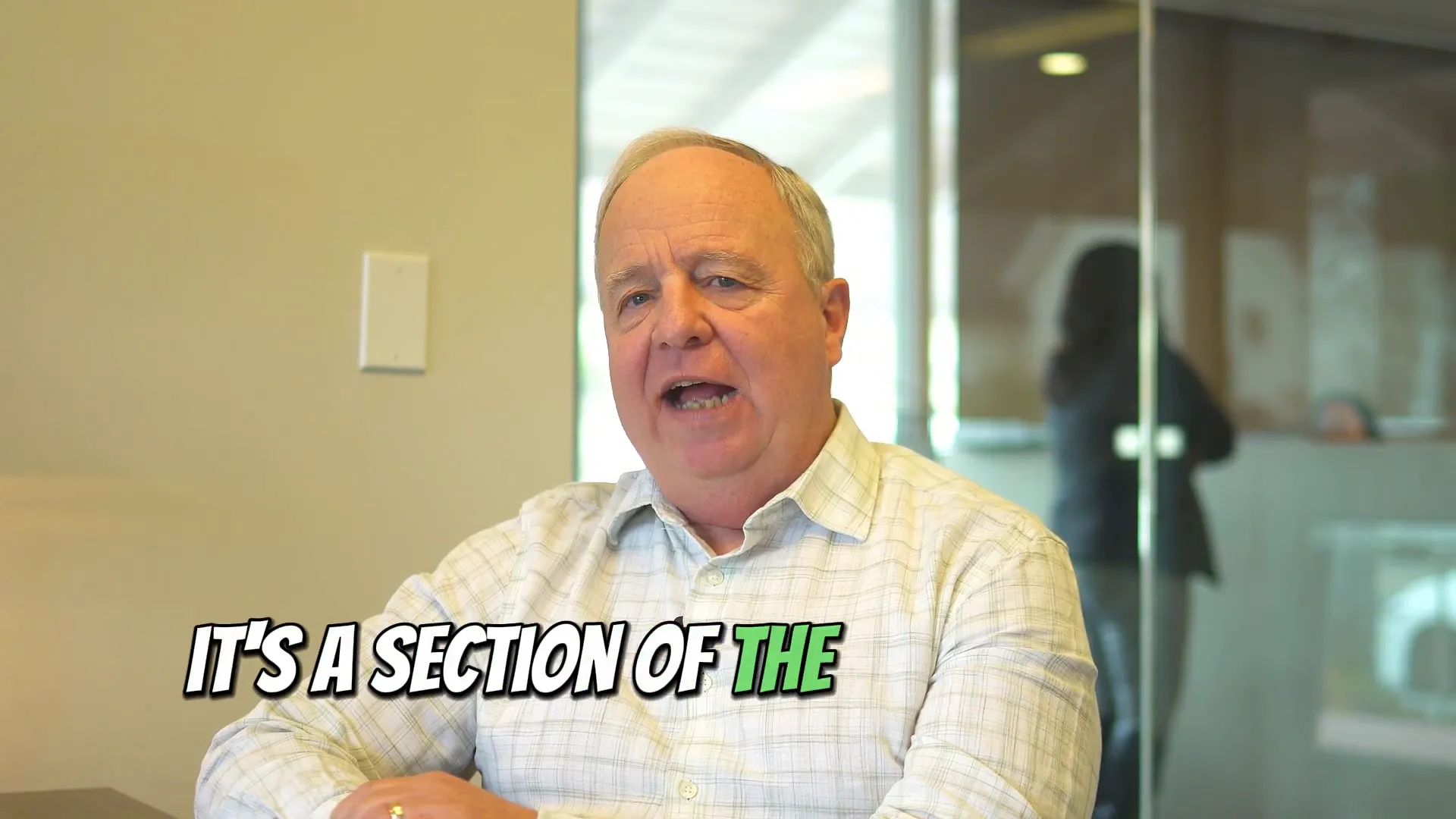

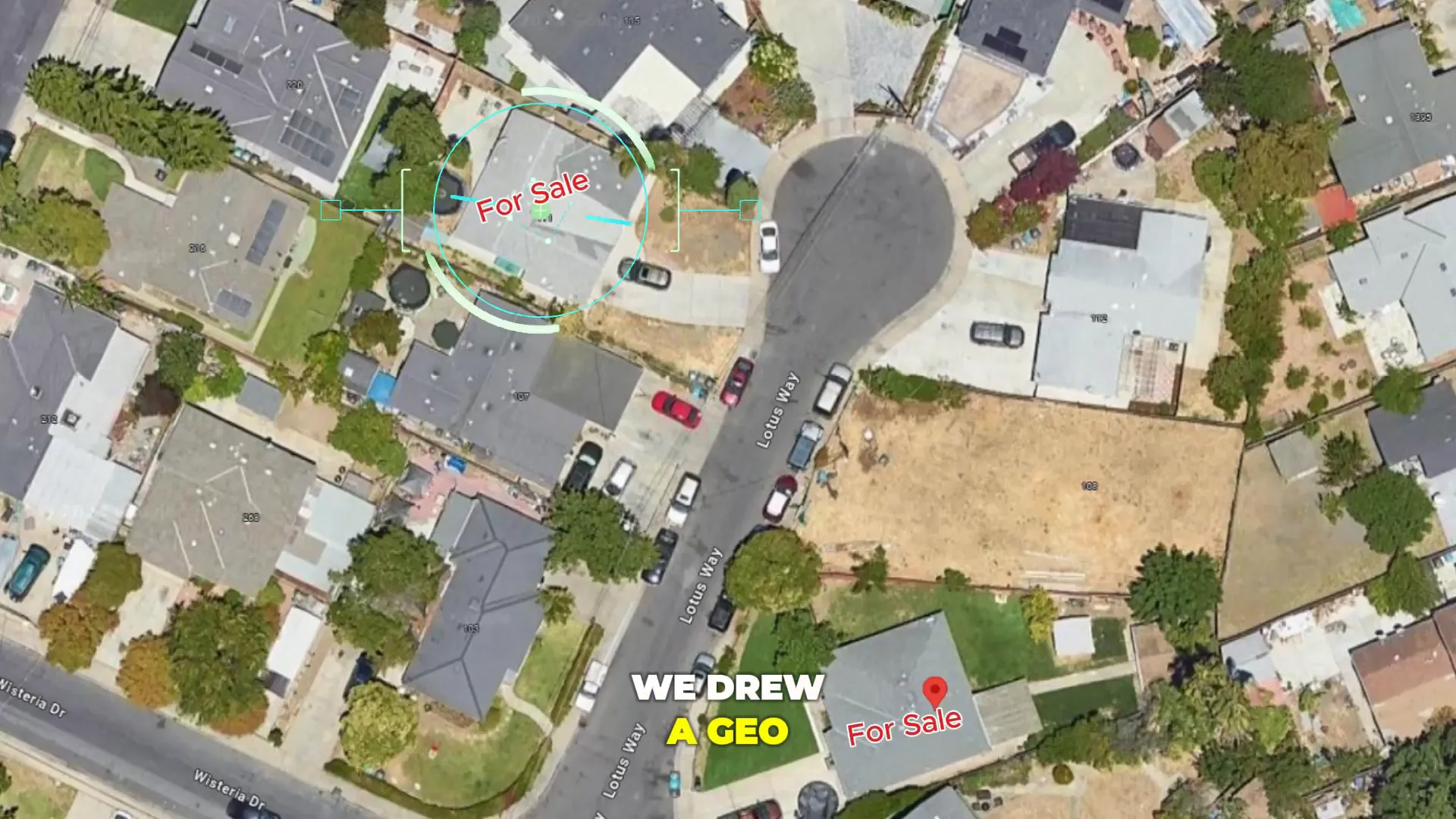
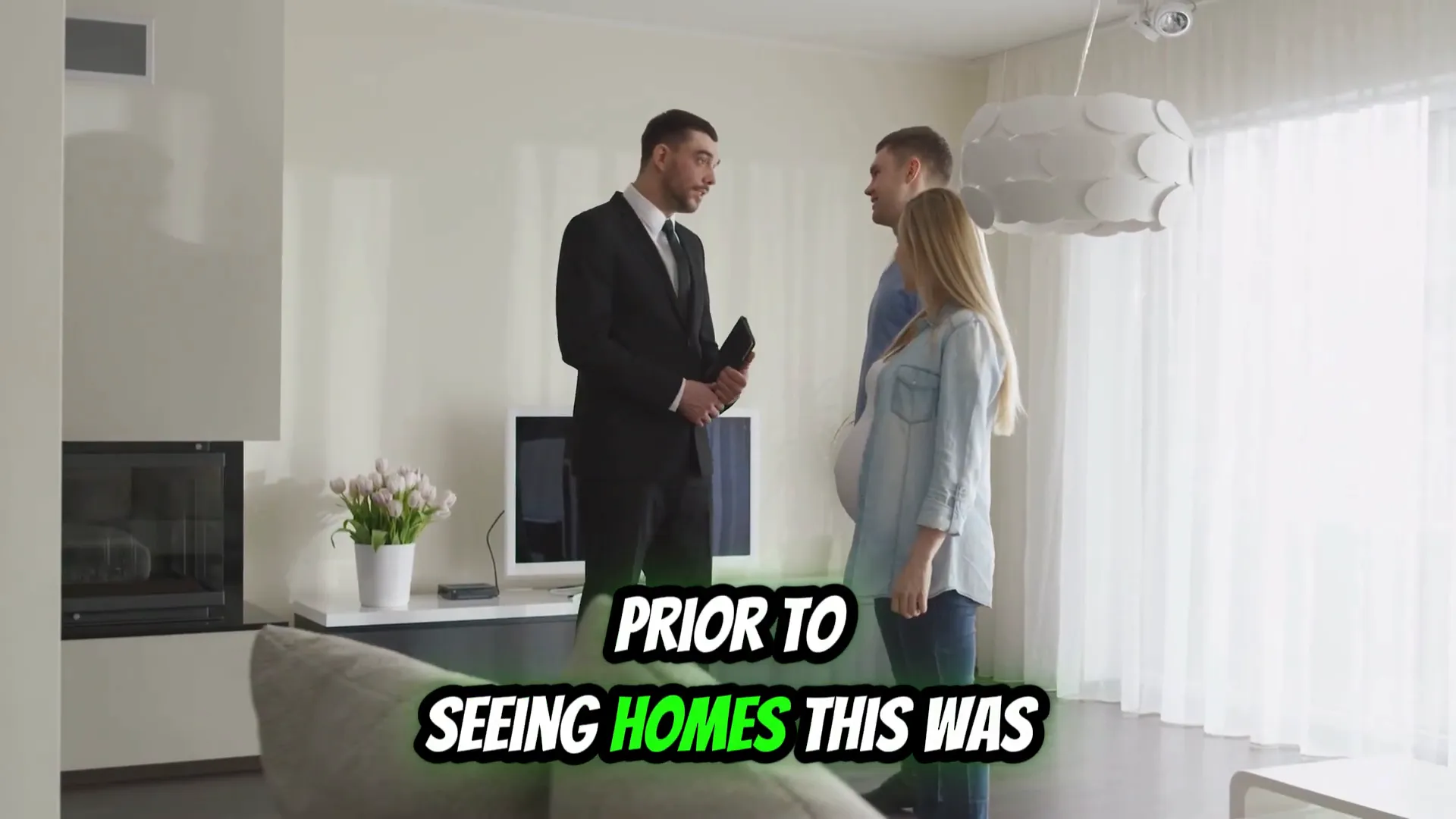


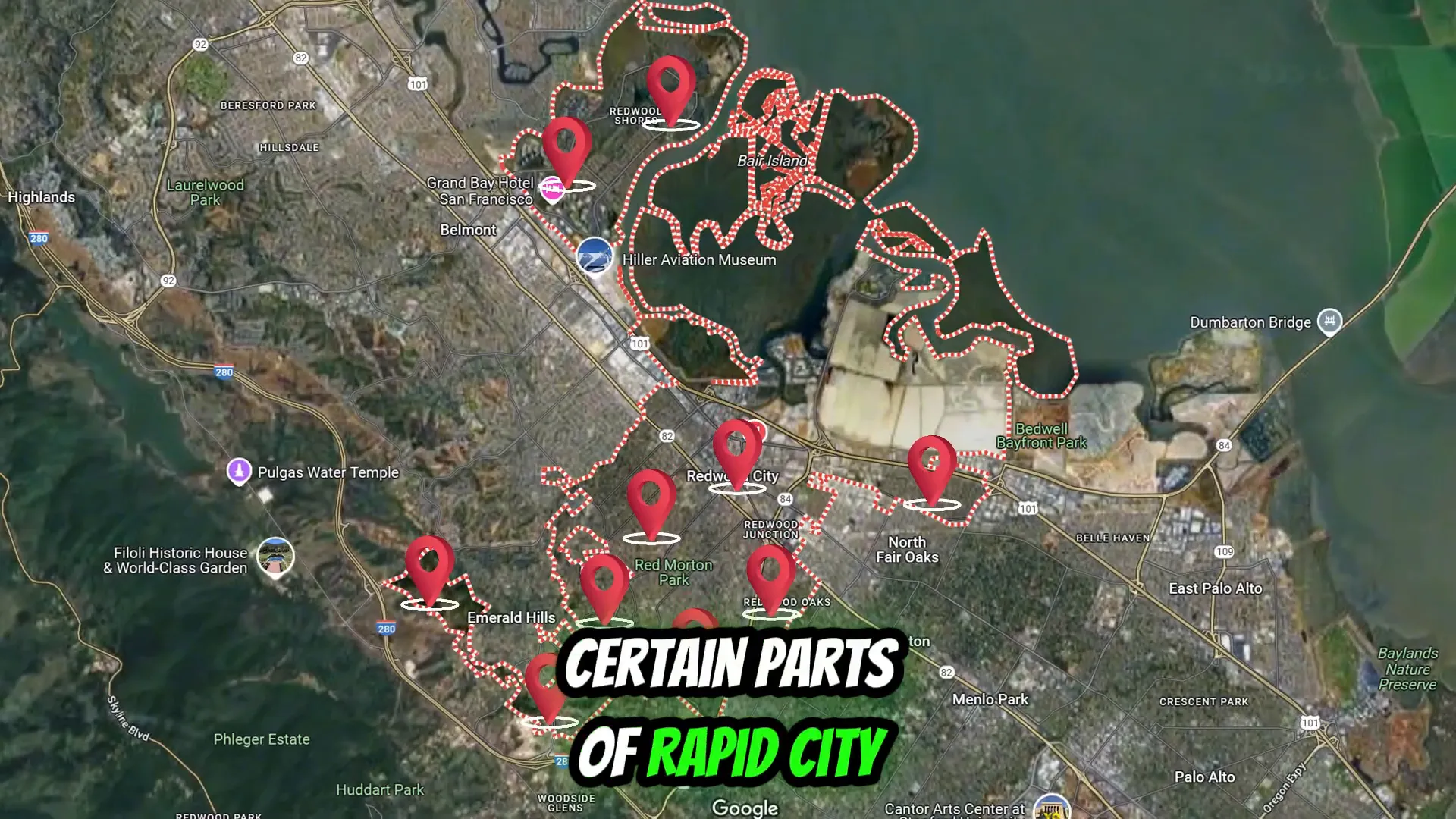
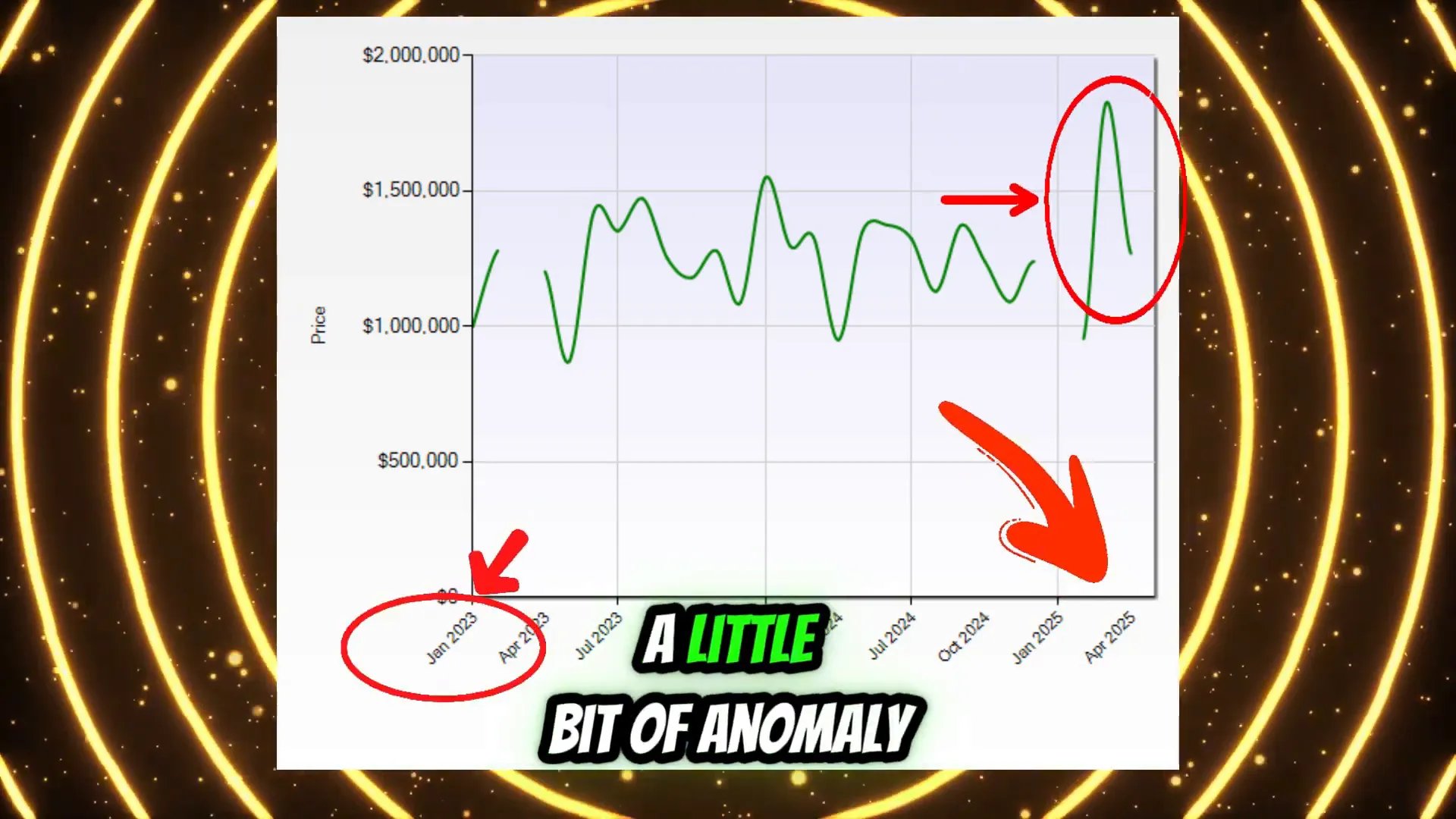
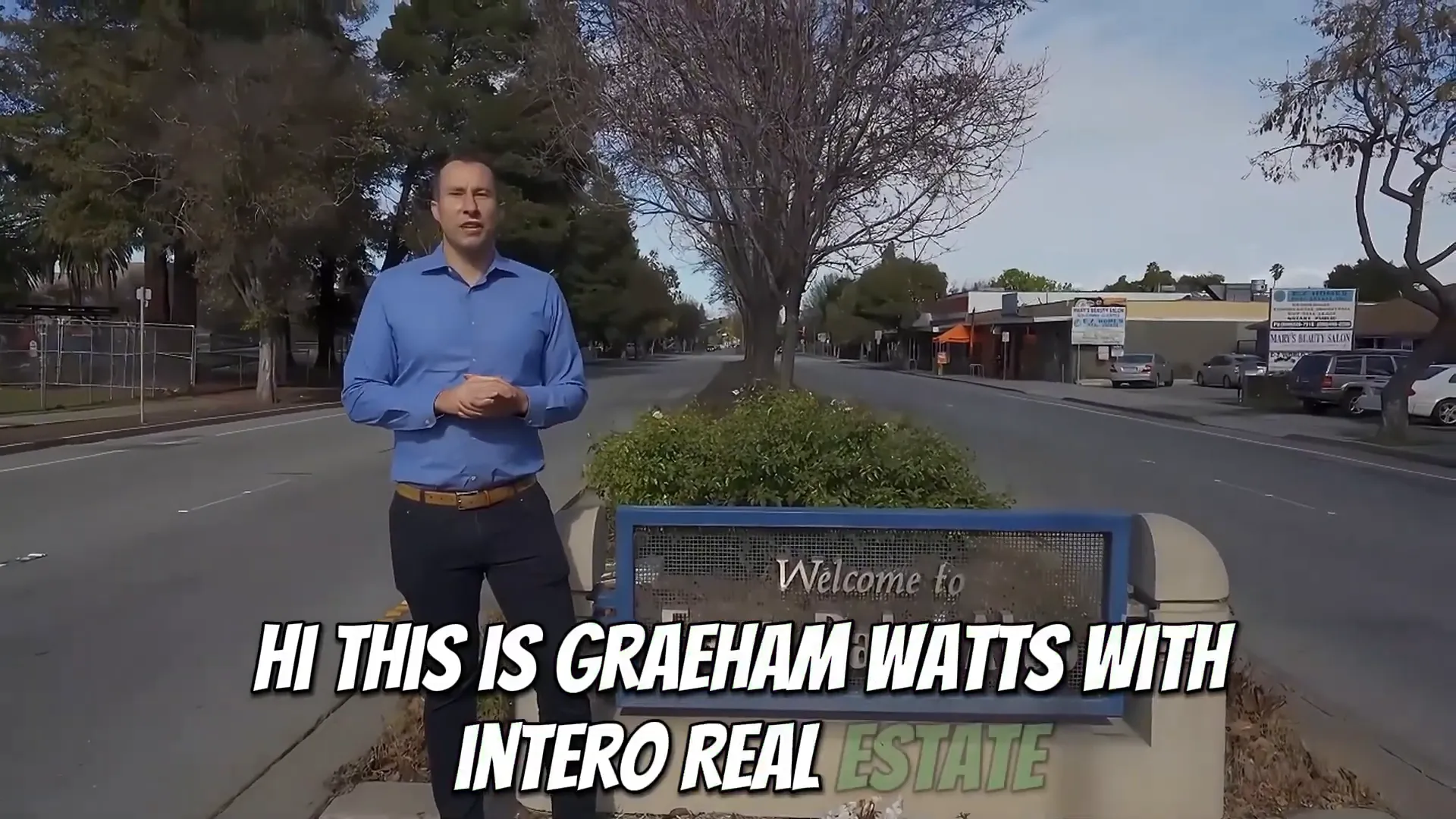
GET MORE INFORMATION

